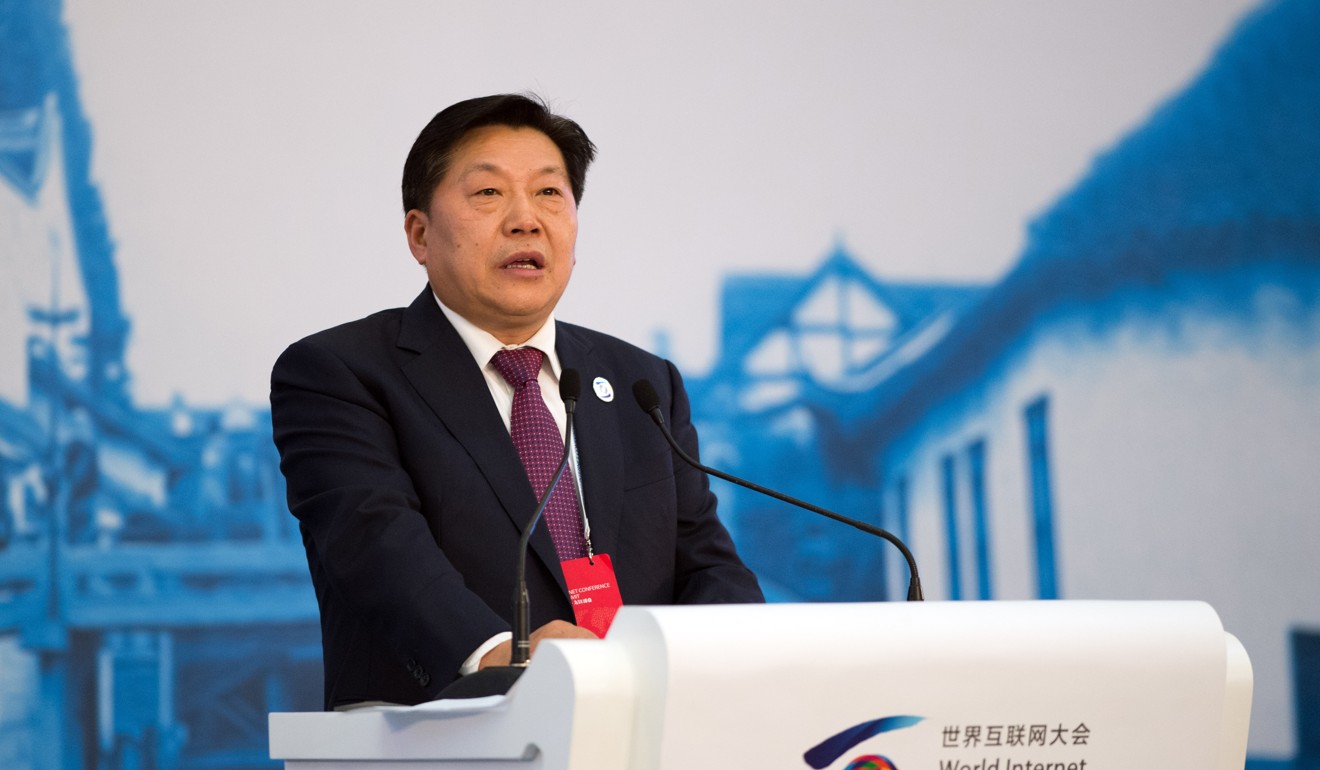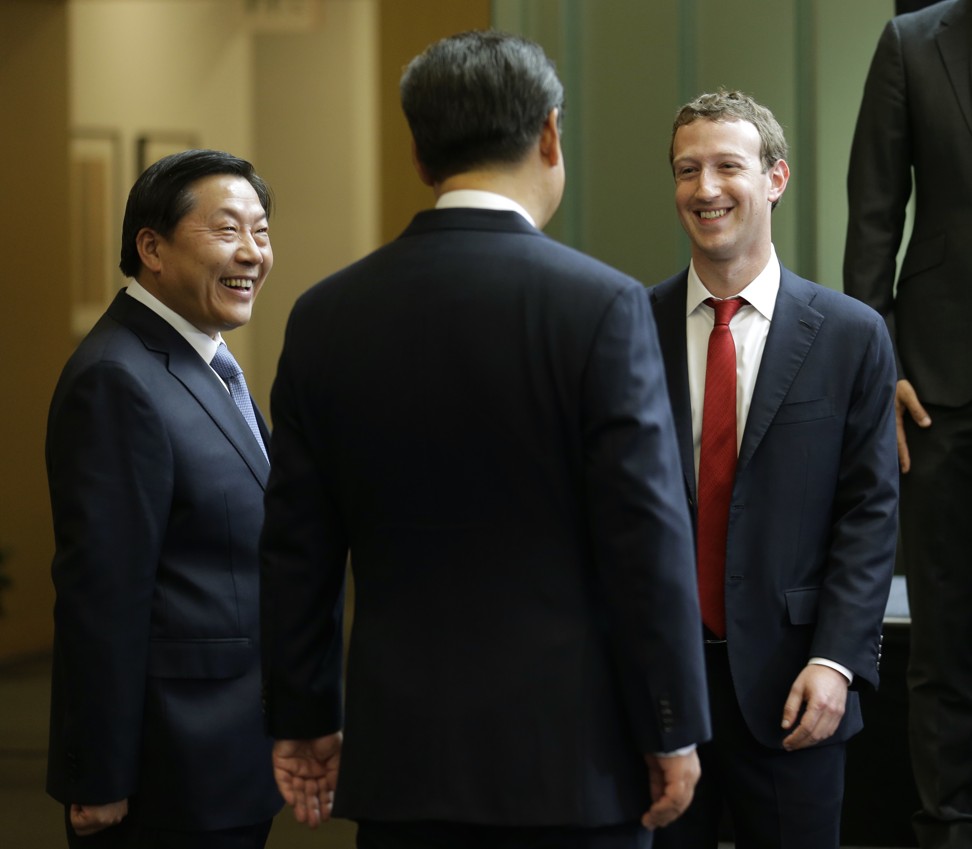
China sends ex-colleagues of former internet tsar Lu Wei to ‘education sessions’
As he awaits trial on corruption charges, authorities in Lu’s home province Anhui track down old friends and cadres to discuss his alleged misdeeds
As China’s former internet tsar Lu Wei awaits trial on corruption charges, his former acquaintances and colleagues have been warned not to follow in his footsteps amid a continuing campaign to erase his legacy.
Lu, 58, was officially put under investigation in November after the Communist Party congress, becoming the first “tiger” – a name used to describe senior officials accused of corruption – to be targeted during President Xi Jinping’s second term as party secretary.
Now authorities in his native Anhui, where Lu began his career, have tracked down his former colleagues and contacts and ordered them to attend “education sessions” to discuss his alleged misdeeds as part of a campaign that began in the province in May.
The move was mentioned in an article published Tuesday on the website of China’s top anti-corruption agency, the National Supervisory Commission.
China’s prosecutors charge former top internet censor with corruption
Lu spent two years teaching at a high school before he left Anhui to work in state media, ultimately becoming deputy chief of the Xinhua News Agency. He became deputy mayor of Beijing in 2011 before he was appointed China’s top internet regulator in 2013 – until he suddenly stepped down in June 2016.
“After the internal criticism and education sessions, I have a better knowledge of Lu’s two-faced nature, and have reflected deeply on my sycophantic and pandering working style,” some of Lu’s old friends were collectively quoted as saying in a recent post on the website of the provincial anti-corruption body. “[We] must stay politically focused and voluntarily fend off a culture of wrongdoing.”

Authorities in Anhui, the “starting point of Lu’s career”, have also been tracking down cadres that had contact with Lu in his hometown, Chaohu, as well as the provincial capital Hefei, according to the commission website.
The cadres were “educated” or urged to “deeply reflect” on Lu’s alleged addiction to “displays of splendour” and “fooling cadres and the people”, the website said, without elaborating.
Lu was behind the first two sessions of the China-backed World Internet Conference.
The annual event in Zhejiang province aims to promote China’s vision of global internet governance and was first held in 2014, the year after the Cyberspace Administration of China was founded with Lu at the helm. Since then it has hosted major players from global internet firms, including Apple CEO Tim Cook and Google CEO Sundar Pichai.

Overseas, Lu was known as a flamboyant gatekeeper of China’s internet, courted by the world’s most prominent technology executives, including Facebook chief executive Mark Zuckerberg. He made headlines in the United States in 2014 when he visited the Californian headquarters of Facebook and sat in Zuckerberg’s seat.
At the height of his influence, he was listed by Time magazine in 2015 as one of the world’s 100 most influential people.

